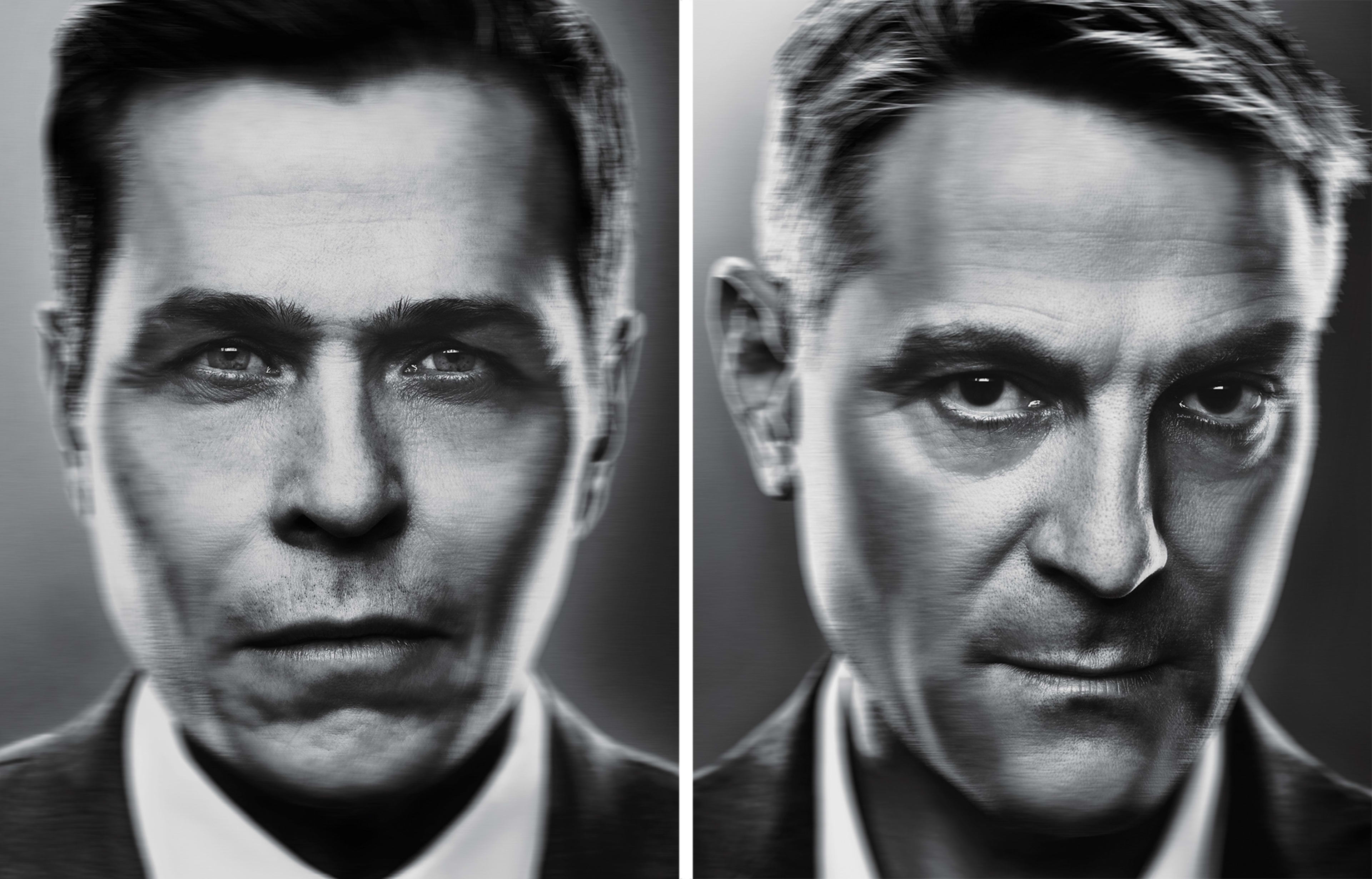It’s a swampy August night in Las Vegas, temperatures simmering in the mid-’90s. Inside the air-conditioned T-Mobile Arena just off the Strip, a different sort of heat is rising. Fans wrapped in the orange, green, and white of the Irish flag sway in unison, chanting for Conor McGregor, the Dublin-born star of Ultimate Fighting Championship, the mixed-martial-arts league. He is facing off against Nate Diaz, a Mexican-American who surprised the fight world in March when he defeated McGregor. The Irish fighter, whose pale skin is fully inked in elaborate tattoos, has made racially derogatory remarks about Diaz, and at a joint press conference a few days ago Diaz ended up hurling water bottles and storming out.
Amid the arena’s Bud Light–infused fervor, the two most powerful dealmakers in Hollywood sit cageside as if they own the place. Which they do: Patrick Whitesell and Ari Emanuel, co-CEOs of über–talent agency WME-IMG—backed by a number of financial heavyweights, including Silver Lake Partners, which is a significant investor in the agency—completed the final paperwork on a $4 billion acquisition of UFC just 48 hours earlier. “Nine days of hell” is how Emanuel describes the complex, into-the-night negotiations. “We just kept grinding. Patrick and I were not letting go of the ankle.”
Whitesell, 51, and Emanuel, 55, are no strangers to confrontation, usually on behalf of their clients, who include megastars like Matt Damon and Serena Williams. Increasingly, they’ve expanded their ambition—from the 2009 merger of their upstart agency, Endeavor, with the venerable William Morris Agency to their bold combination with sports-and-marketing empire International Management Group three years ago. What the UFC deal represents, though, is something entirely different, a new and even more audacious strategic strike that aims to challenge the core assumptions of the entertainment industry. Because this time, instead of just helping others create projects, they’ve made a major, multibillion-dollar leap into owning content themselves.
Whitesell, a lanky Iowan with all-American good looks, stares at the Octagon, the cage-enclosed ring where the fights take place. It’s a mobile-screen-friendly 750 square feet, he notes. He then scans the millennial-filled crowd and declares flatly that UFC is “going mainstream. We just gotta, kind of, turbocharge it.” The fact that mixed martial arts might be considered lowbrow by the Polo Lounge set is less important to them than UFC’s unexploited global potential. And UFC is only the beginning of where they want to go.
Recognize your brand’s excellence by applying to this year’s Brands That Matter Awards before the early-rate deadline, May 3.
